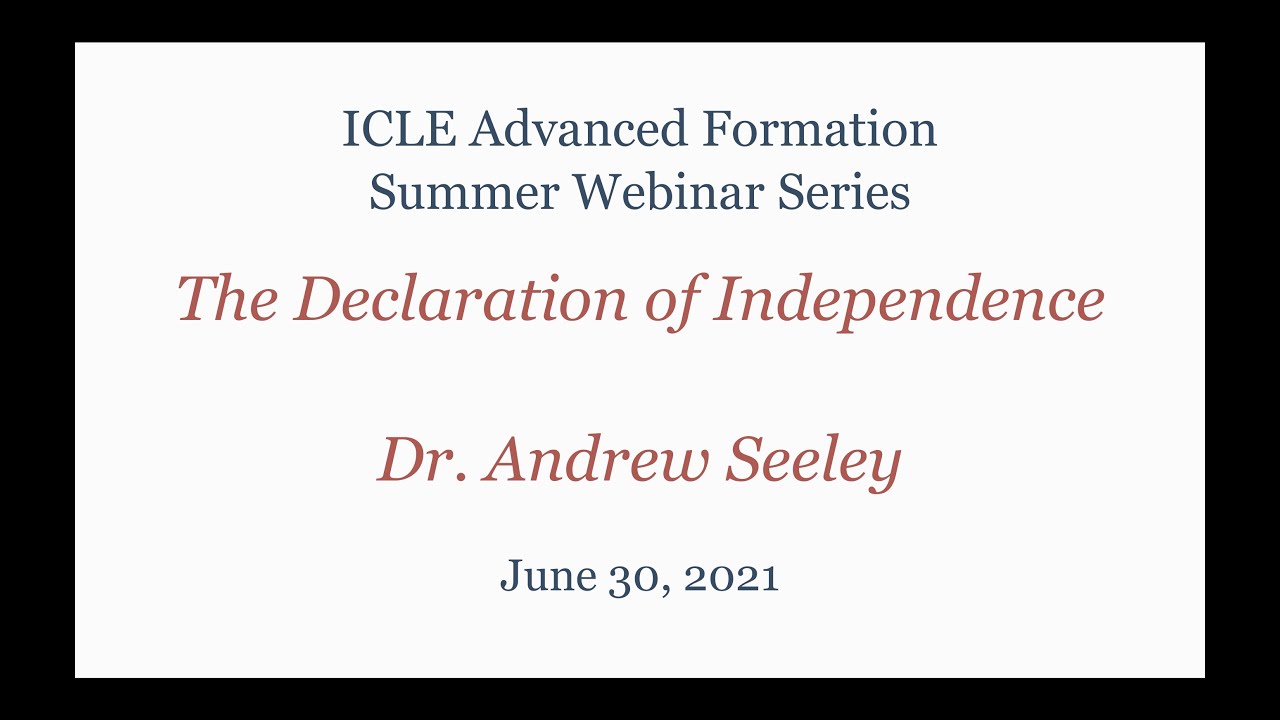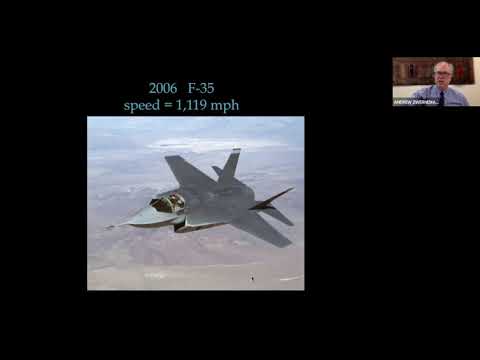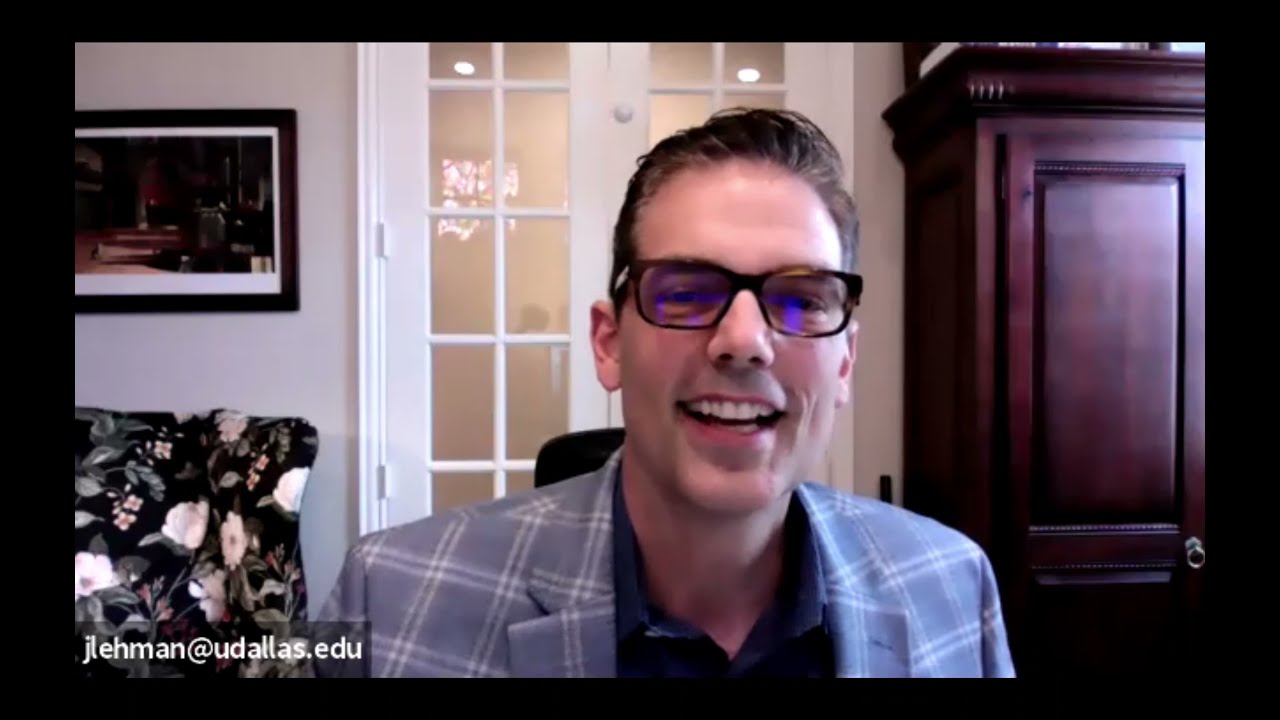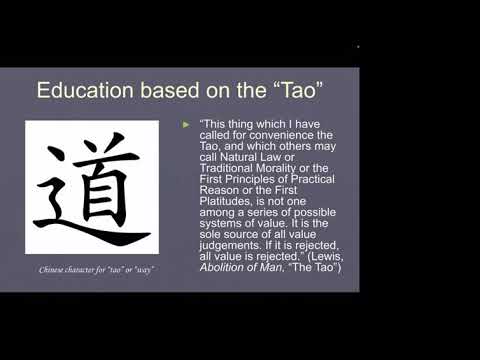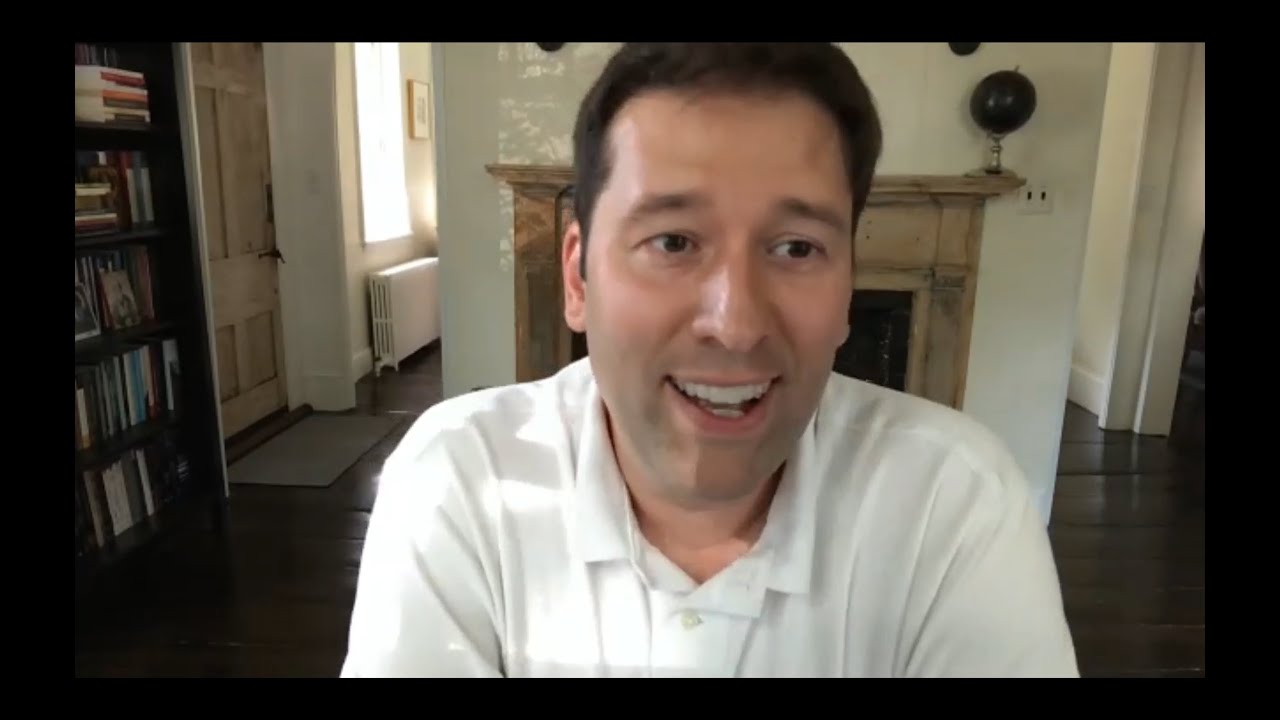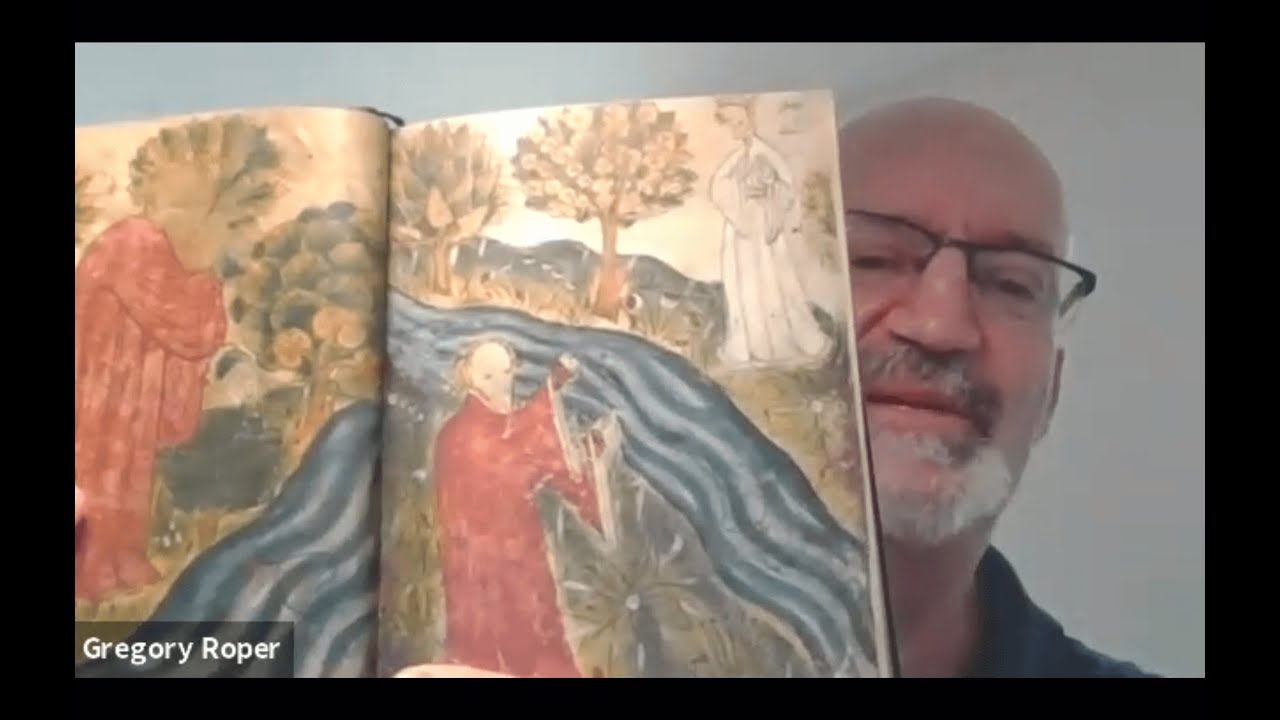Advanced Formation
Summer Webinar Series
Resources
2021
2021’s series includes sessions on political thought, history, Socratic technique, contemporary dangers, medieval dream poetry, and the ongoing restoration of liberal arts education.
June 30: Declaration of Independence
July 7: Why Study History?
July 14: Socratic Conversation
July 21: The Abolition of Man/Brave New World
July 23: Aristotle vs. the Brave New World
August 4: Pearl
August 11: The Restoration of Education
Will you help us produce more programs like this by donating today?
June 30: Declaration of Independence
Abraham Lincoln declared in 1861, “I have never had a feeling politically that did not spring from the sentiments embodied in the Declaration of Independence.” In this webinar, Dr. Seeley unpack those sentiments while revealing the Declaration as a masterfully-crafted piece of legal rhetoric.
Suggested Reading: Declaration of Independence
RESOURCES:
- Selection from Little House on the Prairie, Laura Ingalls Wilder
- Federalist No. 2, John Jay/Publius
- Lecture: Dr. Andrew Seeley on the Declaration of Independence
- Declaration Handout
- For a details about the charges made against the King, go to Founding.com
Dr. Andrew Seeley has been a Tutor at Thomas Aquinas College in California for more than two decades. He received a Licentiate from the Pontifical Institute in Medieval Studies and a Ph.D. in Medieval Studies from the University of Toronto. He has taught joyfully and extensively in all the areas of a Great Books Curriculum.
July 7: Why Study History?
This webinar explores ten important reasons for studying history. We consider not just the mere pastness of the past but the profoundly humane avenues that remembering our forebears through historical observation and public memory opens for us. The habit of thinking historically is an excellence of mind and vital for regaining our bearings in the modern world.
RESOURCES:
- Catholic Textbook Project
- Land of Hope: An Invitation to the Great American Story by William McClay
- Donald Kagan
- Gordon Wood and Bernard Bailyn — American Founding
- James McPherson — Civil War
- Cana Academy Shop
- International Justice Mission
Andrew J. Zwerneman serves as Cana Academy’s President and as one of our Master Teachers. For 37 years, he has taught and consulted in secondary schools that emphasize classic humanities. His recent book, History Forgotten and Remembered, is a must read for liberal arts teachers.
July 14: Socratic Conversation
What is Socratic conversation? How do you get such a conversation started? What part could Socratic conversation play in a Catholic liberal education? We’ll consider these and related questions in this session.
Suggested Reading: Selection from Plato’s The Meno
RESOURCES:
Dr. Jeffrey Lehman is Professor of Humanities, Executive Director of the St. Ambrose Center for Catholic Liberal Education and Culture, Director of the Graduate Program in Classical Education, and Founding President of the Arts of Liberty Project at the University of Dallas. He is the author of Socratic Conversation: Bringing the Dialogues of Plato and the Socratic Tradition into Today’s Classroom.
July 21: The Abolition of Man/Brave New World
C. S. Lewis memorably declared in his essay collection The Abolition of Man that once we abandon the moral law (or “Tao”) for moral relativism, we lose an essential piece of our humanity. In this talk, I will explain how reading Huxley’s Brave New World in light of Lewis paints a disturbing and unforgettable picture for students of the significance of this loss. A “post-moral” future is a post-human future.
Suggested Reading: Ch. 3, The Abolition of Man
Arthur Hippler is Chairman of the Religion Department at Providence Academy. He is also Adjunct Professor in the St. Paul School of Divinity at the University of St. Thomas, and an instructor in the Harry Flynn Catechetical Institute for the Archdiocese of St. Paul-Minneapolis. He received his Doctorate in Philosophy from Boston College. He is the author Citizens of The Heavenly City, A Companion to C. S. Lewis’s The Screwtape Letters and A Companion to C. S. Lewis’s The Great Divorce.
July 23: Aristotle vs. the Brave New World
With little guidance from religion or philosophy, advances in biotechnology are rapidly bringing a Brave New World upon us. In this webinar, Dr. Furlan, an expert in bioethics, will present certain principles of Aristotelian-Thomistic metaphysics that are crucial for helping guide our young into the world they will inherit.
Dr. Timothy Furlan – Burnett Family Distinguished Chair in Leadership, University of St. Thomas, Houston;
Editor, Harvard Journal of Bioethics
August 4: Pearl
Pearl is one of the great medieval religious poems – an elegy, deeply moving in human terms; an allegory; and a narrative of enlightenment and, ultimately, of consolation. Composed by the unknown 14th century author of Sir Gawain and the Green Knight, the poem recounts the dream vision of a father mourning the death of his young daughter.
Suggested Reading: Marie Borroff’s, trans., Pearl
Alternate translation, Gollancz
Dr. Gregory Roper received his PhD from the University of Virginia, specializing in Middle English literature. He has published on Chaucer, Pearl, the Gawain-poet, and on rhetoric and the teaching of writing. For nine years Chair of the English Department at the University of Dallas, he is Associate Professor there and directs the writing program.
August 11: The Restoration of Education
This webinar will discuss the writings and legacies of John Senior (et al.), Donald and Louise Cowan, and Stratford Caldecott, exploring their distinct visions for Catholic education and how those can enrich the thinking of teachers seeking to aid in the renewal of Catholic education today. As the resurgence in Catholic liberal education continues to gain in momentum, a (re)consideration of these prominent contributors — familiar to some, but unknown to others–is in order.
Dr. Stephen Barnes, Professor of English at the University of Mary Hardin-Baylor, has been involved in Christian liberal education since 1997. He has published on the works of Robert Frost, William Faulkner, William Shakespeare, Mikhail Bulgakov, Fyodor Dostoevsky, and Sigrid Undset. He has also written about non-literary topics such as the theology of Radical Orthodoxy, the rhetorical theory of Ernesto Grassi, and the political imagination of the Baltics.
For more information on the ICLE Advanced Webinar Series, contact Dr. Andrew Seeley at atseeley@icle-member-site.mystagingwebsite.com or 844-425-3832 x701.

